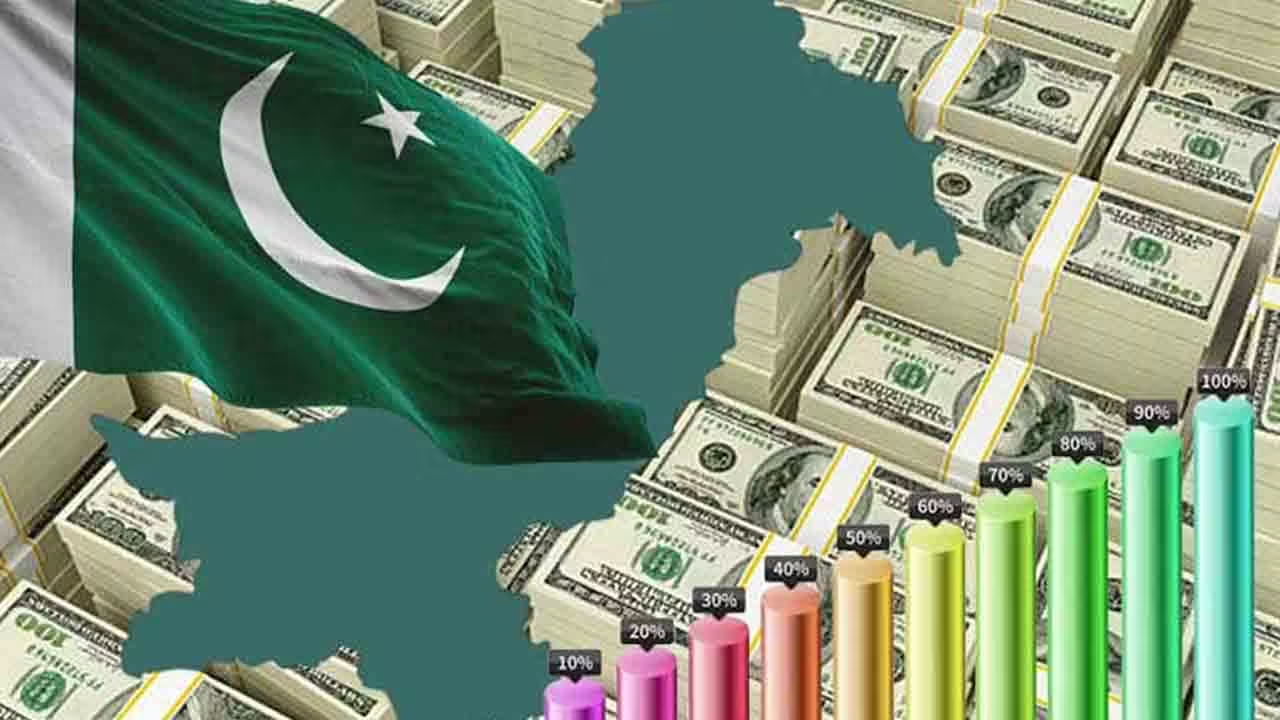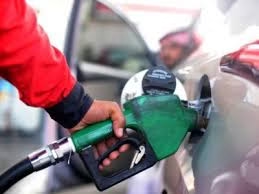In an effort to stabilize its economy and address ongoing financial challenges, Pakistan is actively pursuing $1.75 billion in loans from a combination of commercial banks and international financial institutions. According to sources within the Ministry of Finance, the government has initiated requests for loans from the Islamic Trade Finance Corporation (ITFC), Islamic Development Bank (IDB), and Standard Chartered Bank (SCB). These loans are intended to cover critical infrastructure projects, commodity imports, and project financing, as Pakistan seeks to manage its debt obligations and finance ongoing development initiatives.
Breakdown of Loan Requests
The government is focusing on several avenues for acquiring financial support, with the following institutions identified as key sources for loan procurement:
Islamic Trade Finance Corporation (ITFC): Pakistan has requested a loan of $400 million from the ITFC. This loan is specifically designated for the purchase of essential commodities, such as petroleum and other imported goods that are vital for the country’s economy. The ITFC has historically been a significant partner for Pakistan in providing short-term financing solutions to facilitate trade, particularly in energy imports.
Islamic Development Bank (IDB): In addition to the ITFC loan, Pakistan has sought $350 million from the IDB. These funds will be used for project financing, allowing the government to continue its development projects aimed at improving infrastructure and public services. The IDB has been a key player in financing development projects in Pakistan, and this latest loan is part of a broader strategy to ensure the continuity of essential projects.
Standard Chartered Bank (SCB): The largest portion of the requested loans, $1 billion, is expected to come from Standard Chartered Bank. This loan will be allocated for infrastructure development and other financing needs. Pakistan’s ongoing efforts to enhance its infrastructure, including roads, energy projects, and public transport systems, require significant financial backing, and SCB has emerged as a crucial partner in this regard.
Loan Terms and Interest Rates
The loans being sought are expected to come with varying interest rates. Sources suggest that loans from commercial banks, such as Standard Chartered, could carry an interest rate of around 5%. This rate is considered relatively high, especially in comparison to concessional loans typically provided by international financial institutions like the ITFC and IDB. However, given Pakistan’s current financial situation, the government has few options but to accept these terms in order to meet its financing requirements.
In the context of the International Monetary Fund (IMF) loan agreement, it is likely that commercial loans will be taken at higher interest rates. The IMF’s program for Pakistan comes with stringent conditions, including securing external financing to bridge the fiscal deficit. As part of these conditions, the government must secure loans from commercial banks at market-based rates, which are often higher than concessional loans from multilateral institutions.
Efforts for Oil Facility with Saudi Arabia
In addition to the loans being pursued from ITFC, IDB, and SCB, the Ministry of Finance is also negotiating an oil facility agreement with Saudi Arabia. This oil facility would allow Pakistan to purchase oil on a deferred payment basis, easing immediate pressure on the country’s foreign exchange reserves. However, negotiations with Saudi Arabia have reportedly stalled, and the agreement has yet to be finalized.
Securing an oil facility on deferred payment terms is crucial for Pakistan, given its heavy reliance on imported petroleum products. Such an arrangement would help the government manage its balance of payments and reduce the strain on foreign currency reserves, which are critical for maintaining economic stability and avoiding further devaluation of the Pakistani rupee.
Financing Gap and the IMF Program
Pakistan’s efforts to secure these loans are part of a broader strategy to bridge the financing gap identified by the Ministry of Finance. The country is currently working with at least four different sources to fill this gap, which has become a pressing concern due to ongoing economic challenges. The IMF’s Extended Fund Facility (EFF) program requires Pakistan to demonstrate its ability to secure external financing in order to maintain fiscal discipline and continue receiving tranches of IMF funds.
Without adequate external financing, Pakistan risks defaulting on its debt obligations, which would further exacerbate the country’s economic difficulties. As such, the loans from ITFC, IDB, and SCB are critical components of the government’s strategy to meet its financial commitments while continuing to invest in development projects that are essential for long-term growth.
Pakistan’s pursuit of $1.75 billion in loans from the Islamic Trade Finance Corporation, Islamic Development Bank, and Standard Chartered Bank highlights the country’s urgent need for external financing to address its economic challenges. These loans will play a crucial role in funding infrastructure development, purchasing essential commodities, and bridging the financing gap required under the IMF program. However, the government must also contend with higher interest rates from commercial banks, which could increase the burden of debt repayment in the future.
In addition to these loan requests, Pakistan is also negotiating with Saudi Arabia for an oil facility on deferred payment terms, which would provide much-needed relief to the country’s foreign exchange reserves. As the Ministry of Finance continues its efforts to secure these loans, the coming weeks will be critical in determining whether Pakistan can successfully navigate its financial challenges and avoid further economic instability.



